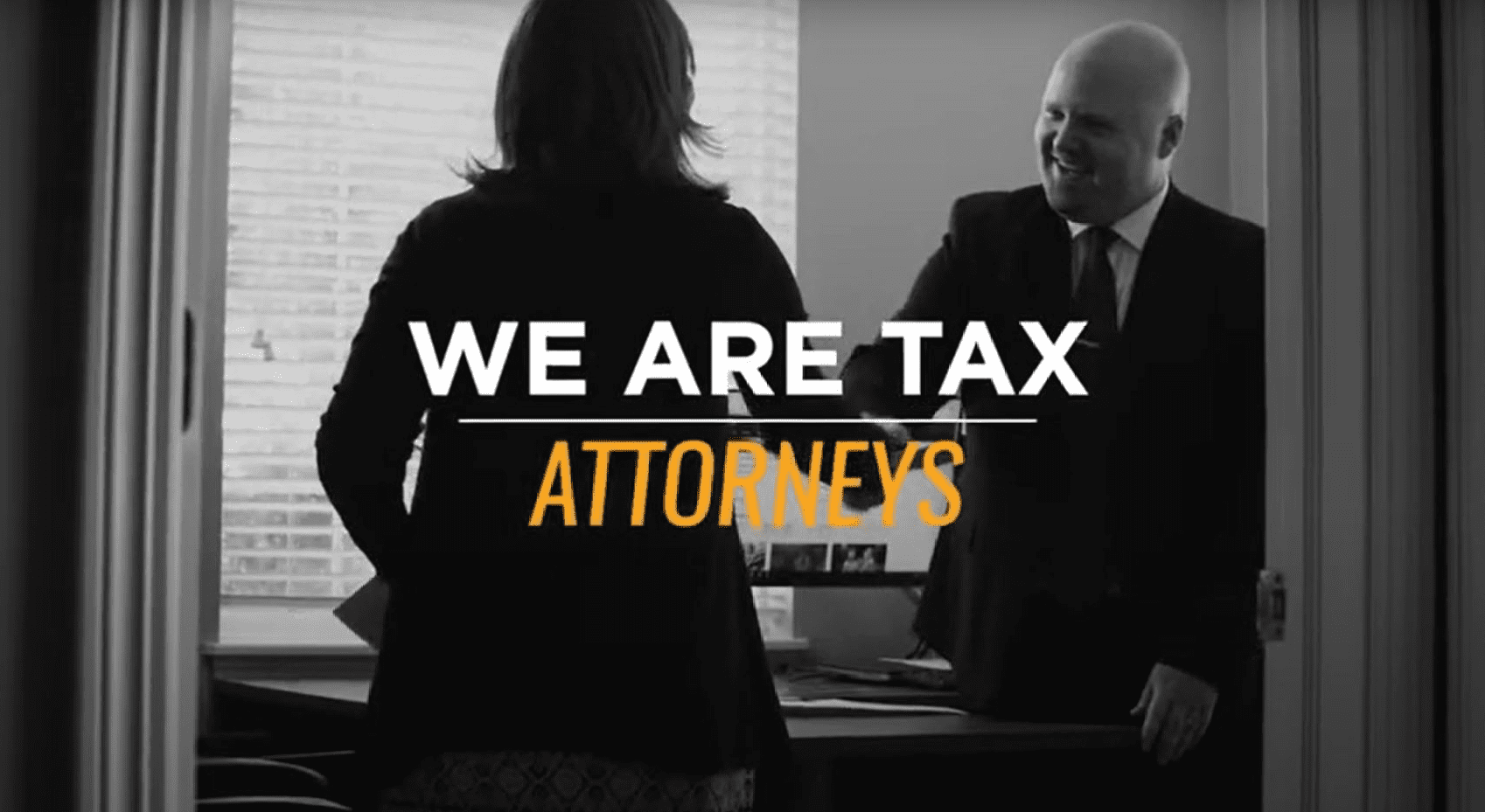IRS Financial Hardship
One of the things a tax debt attorney for Texas will look at with your IRS case is whether you may qualify for a financial hardship.
With a financial hardship, the IRS will put your tax balance into a ``currently not collectible`` status and will, effectively, close the collection case against you. There will be no collection efforts against you while you are in a ``currently not collectible`` status.
Check out the four steps below that a tax debt attorney will take to put your IRS account into a financial hardship (aka, currently not collectible status).
Get Help from an IRS Tax Debt Attorney
See if you qualify for the IRS Financial Hardship
Why would I want a financial hardship (currently not collectible status) instead of an Offer in Compromise?
There are many times that we will work with our clients to place them into a financial hardship instead of doing the Offer in Compromise. As an IRS tax debt attorney, I know what to look for and make a recommendation to you.
I get the question a lot. Why do the IRS financial hardship when you can do the IRS Offer in Compromise program. There are three good reasons I look at as a tax debt attorney when evaluating which option makes the most sense.
(1) Assets are too high (an IRS tax debt attorney can help you decide this)
The IRS Offer in Compromise looks at BOTH assets and income. It is merely a math problem. Available assets plus available income – that is the Offer amount.
But what if you are living in a small house and just have social security income. The house is paid for (worth $60,000) and you get $2,500 per month in SSI. Your tax debt is $30,000. You would not qualify for an Offer because of the asset equity. However, you would likely qualify for a financial hardship.
The asset component is something that we pay careful attention to as a tax debt attorney. This is typically the reason we find ourselves filing the currently not collectible status request, instead of the Offer in Compromise.
(2) Super close to the Collection Statute of Limitations Date (CSED)
IRS tax debt has a ten-year statute of limitations. It will then be “written off” and you no longer legally owe it. If your back tax is super close to the statute of limitations date, a tax debt attorney would not want to file an Offer in Compromise as that would “toll” (or stop) the statute of limitations clock from running.
Instead, you would want to file a financial hardship to place the account in a currently not collectible status, which does NOT stop the clock. This is why it is very important to review transcripts to know what those statute of limitation (CSED) dates are.
(3) Less scrutiny and quicker resolution
The IRS Offer in Compromise is a very long program and there is a higher level of scrutiny. However, the financial hardship (currently not collectible status) option typically only takes about a month or two for the IRS to make a decision. Additionally, there is less scrutiny.
Many times, my clients just want the IRS off of their back. We get it. As a tax debt attorney, I listen to our clients about what their priorities are. In this instance, it may make more sense to do the IRS financial hardship. Of course, if none of these apply, then maybe it would make sense for you to consider the IRS Offer in Compromise.
Get a Fresh Start with an IRS Tax Debt Attorney Today
If you are ready to have a IRS tax debt attorney for Texas look at your case to see if you qualify for an IRS financial hardship, click here to get the process started today. Or call us directly for a free consultation at 330-331-7611.





